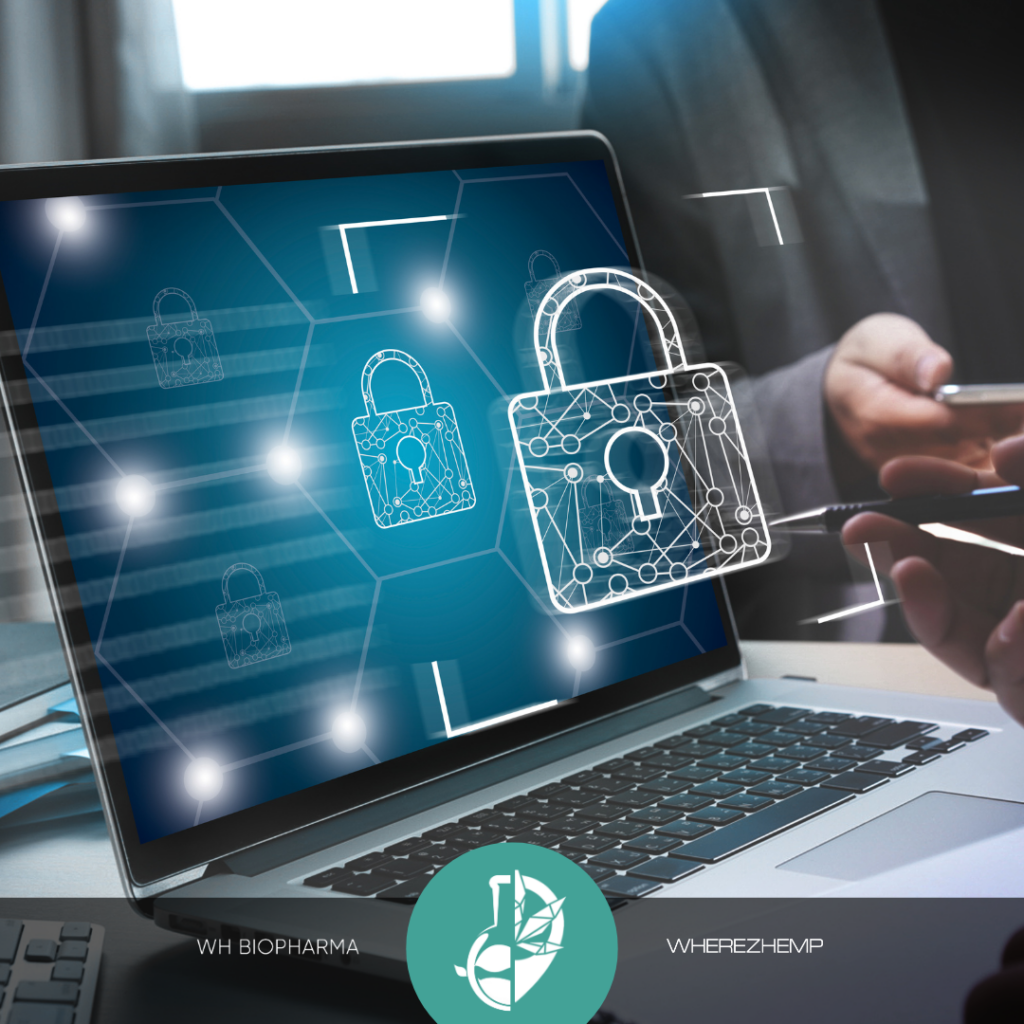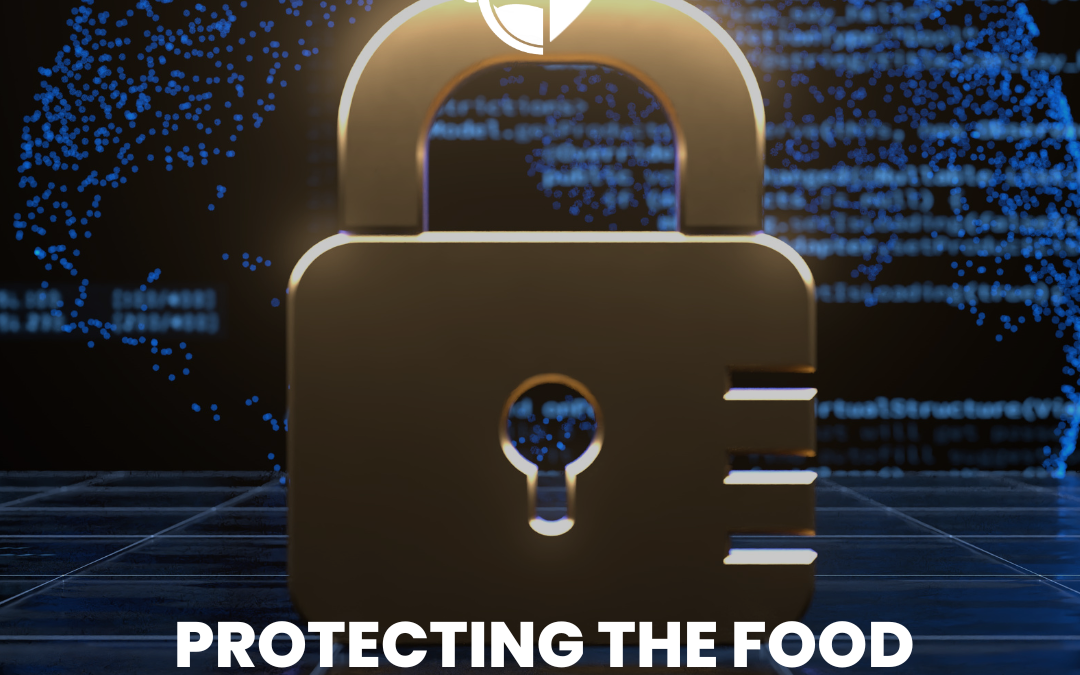In today’s interconnected digital landscape, the importance of robust IT security measures cannot be overstated. While various industries have recognized the need for cybersecurity, the food manufacturing sector must also prioritize protecting its critical operations and ensuring consumer trust. The convergence of technology and food production has introduced new vulnerabilities, making it essential for companies in this sector to implement comprehensive IT security strategies.
Food manufacturing companies rely heavily on digital systems for a wide range of operations, including inventory management, production processes, quality control, supply chain management, and even distribution. The integration of technology has undoubtedly enhanced efficiency and productivity. However, it has also exposed these companies to cyber threats that can have far-reaching consequences.
One of the most significant risks facing the food manufacturing sector is the potential compromise of food safety. Cyberattacks can disrupt the monitoring and control systems that regulate temperature, moisture, and other critical factors in food production. Such disruptions may lead to spoilage, contamination, or even sabotage of products, putting consumer health at risk. The consequences of a compromised food supply can be detrimental, ranging from costly recalls to severe reputational damage.
Moreover, food manufacturers store and process vast amounts of sensitive data, including proprietary recipes, intellectual property, customer information, and supply chain details. Cybercriminals seek to exploit this valuable information for financial gain or competitive advantage. A data breach can have devastating effects on a company’s reputation and trust among consumers, partners, and stakeholders.

To safeguard the food manufacturing sector, companies must adopt a proactive approach to IT security. This includes implementing several key measures:
- Risk Assessment and Prevention: Conducting regular risk assessments to identify vulnerabilities and potential threats specific to the organization. This enables companies to develop tailored prevention strategies and implement robust security protocols.
- Network Security and Data Protection: Deploying firewalls, intrusion detection systems, and encryption technologies to protect networks and sensitive data. Regularly updating and patching software and systems is crucial to stay ahead of evolving cyber threats.
- Employee Education and Awareness: Training employees on IT security best practices, such as password hygiene, recognizing phishing attempts, and following proper data handling procedures. Human error remains a significant vulnerability, making ongoing education vital.
- Incident Response and Business Continuity: Developing comprehensive incident response plans to effectively address potential cyber incidents. Regular testing and updating of these plans ensure a swift and coordinated response, minimizing potential damages and downtime.
- Supply Chain Security: Collaborating with suppliers and partners to ensure that robust IT security measures are in place throughout the entire supply chain. Verifying the security practices of third-party vendors is essential to prevent potential vulnerabilities.
By prioritizing IT security, the food manufacturing sector can protect critical operations, safeguard consumer health, and preserve trust. Regulatory bodies also play a crucial role in setting industry standards and guidelines to enhance cybersecurity practices. The collaboration between government agencies, industry stakeholders, and cybersecurity experts is essential to fortify the resilience of the food manufacturing sector against cyber threats.
As technology continues to advance, the food manufacturing sector must remain vigilant and proactive in addressing IT security risks. Protecting the integrity of the food supply and maintaining consumer confidence are paramount. By investing in robust IT security measures, food manufacturers can ensure the safety of their products, uphold their reputation, and contribute to a more secure and resilient industry as a whole.

